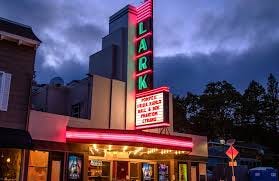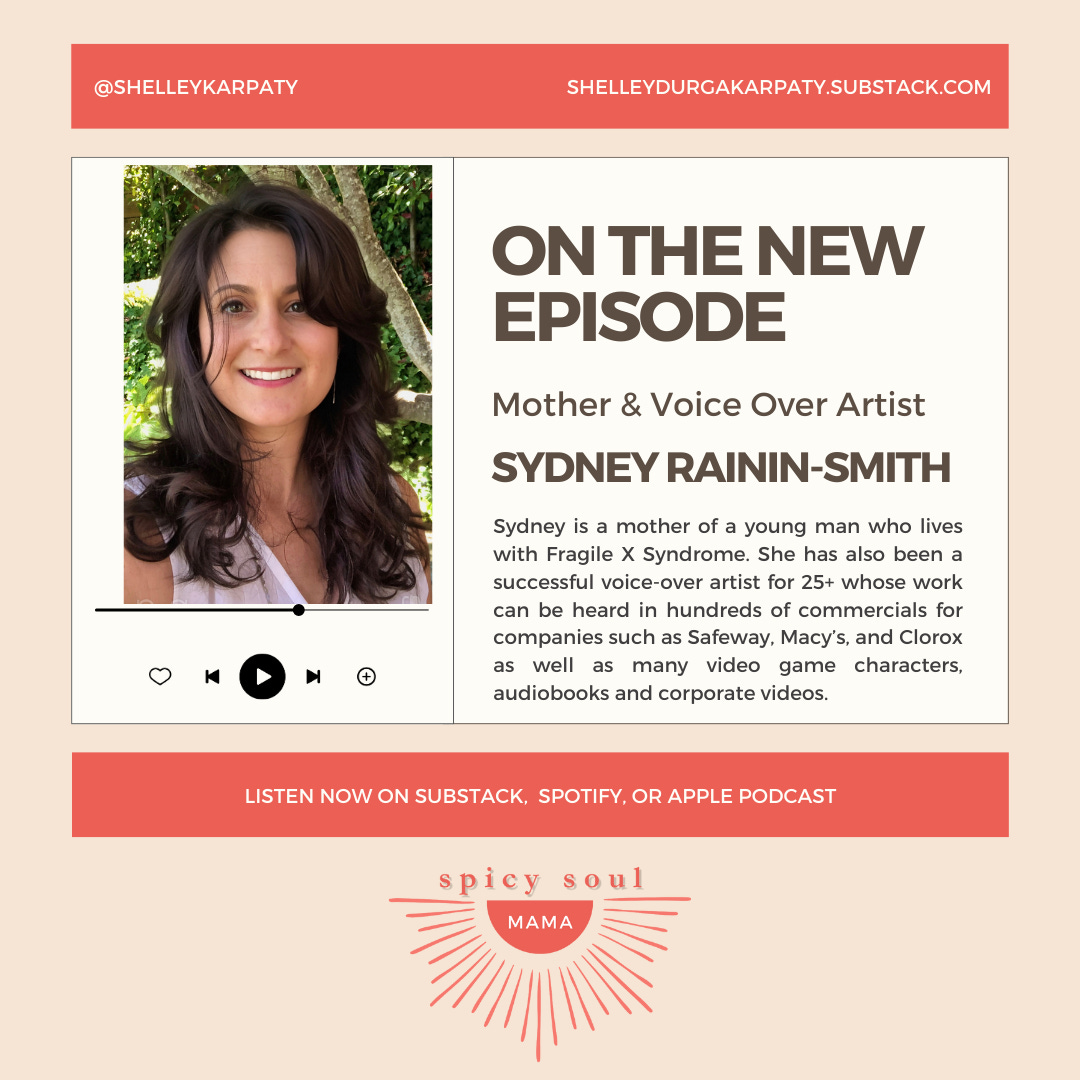The Art Deco neon-lit sign theatre announced “Thelma” on the marquee as we walked into the nostalgic realm run by volunteers. The popcorn wafted into our noses luring us into the theatre towards concessions featuring reasonably priced movie candy. Off the lobby was a burgundy lounge with inviting velvet chairs where moviegoers could leave cash for a glass of wine. Scanning the scene, I wondered, “Is there an intermission for this film or is it where the movie buffs discuss the film afterward?”
We found our preferred seats to view the advertisements and previews on a small screen that had reminiscing vibes of the 1980s. I half expected the cartoon of the popcorn and snacks song and dance to begin invading the screen. To our pleasant surprise, when the previews and ads were completed, the enormous heavy velvet curtain closed the screen to reopen again to reveal the main event feature film in full beast mode making it extra dramatic.
What we witnessed next was the true craft of a film that captures character depth and relationships with humor and authenticity.
If you are unfamiliar with this film, “Thelma” here is the summary:
"Thelma Post is a 93-year-old grandmother who loses $10,000 to a con artist on the phone. With help from a friend and his motorized scooter, she soon embarks on a treacherous journey across Los Angeles to reclaim what was taken from her.”
This film is a comedic action movie with character depth and relationships that surprisingly mirror my family. Grandma Thelma and her grandson, Danny, are buddies who cheer each other on and seem to spend a lot of time together. He patiently helps her with the computer and makes sure she wears her Life Alert bracelet for his “mental health” so he knows she’s safe. Danny’s overbearing parents are depicted lovingly and humorously as they helicopter over their 24-year-old aimless son.

We can soon see how Danny’s “helicopter parenting” of his Grandmother is similar to his parents hovering over him especially when Thelma goes missing. These parallel relationships show love and caring to the point of forgetting that Thelma and Danny are already capable and need room to figure things out.
The story comes to a crescendo as Thelma has gone missing and Danny, his parents are freaking out while simultaneously pushing him to his limit and he snaps. Danny grabs the sides of his head, and screams, “I can’t do anything right! I lost Grandma! I am such a little bitch! I’m going nowhere, I do nothing and I don’t know what to do with my life. I’m not good at anything! I can’t even keep track of Grandma!”
And despite Danny’s outburst, his parents want to make it better for him, soothe him off his cliff, and yet still ask if he has his phone as he takes a walk to cool off and place an Apple watch on his wrist to monitor his heartrate.
And that’s the moment my husband telepathically read my mind, leaned into my shoulder, and whispered, “We do that to him too.”
What parent isn’t overprotective during certain phases of a child’s life? When they climb the jungle gym as a toddler, walk to school on their own, and go to their first day of high school - these are all reasonable events to be a bit overprotective. Our role as parents is to keep our children safe, sheltered, and fed and help them to remember their inner guide.
As I look back at our suburban lifestyle, I was most certainly a hyper-attentive parent, like I was in a raft in a category 5 white water river dodging the trees, rocks all while paddling to get to the end that never came. The intense Silicon Valley pressure of working, commuting, education, community involvement, soccer, and baseball, all while swigging from the Solo cups conveniently filled with a concoction of “Mommy Juice” which always felt weird to me in those early years of motherhood.
I wish more people talked about the brilliance of the neurodivergent brain. There are limits, and there are also extreme gifts.
We didn’t live near family so how much can you ask for help from friends when they weren’t getting help either? And if they were getting help it was from family It’s no wonder, my undiagnosed neurodivergent son was quitting everything when it got too hard.
As I listen to other parents lament about their children leaving their homes to move out to attend college or otherwise, I try not to annoyingly jump in and say, “You have no need to feel sad, this is a natural progression, let go and be a free bird not a sad empty nester!” But I certainly think it because I know their emotions are perfectly valid for them, and I can empathize with it but cannot get on board with it myself. It’s an envious privilege for me that isn’t becoming of my nature so I try to be supportive and often gently change the subject most of the time.
The underlying ambiguous grief that although our child is here with us physically, the grief about how we thought it would be in these later years simply looks different than what we imagined. And that’s ok!
Because of our family’s past traumas and the explosion of psychosis that came on the scene, we have had a much harder time letting go. The layers of complexities go beyond now having a 22-year-old who is living in recovery from his mental illness with us. While some parents may be sad about being empty nesters when their kids move out to go to college or to work and live with their friends, we would be thrilled when and IF he reaches that milestone. At the moment, we are grateful he is stable, is working and at some point will hopefully have a few friends.
I’ve learned that when we rescue people from the consequences of their actions, we rob them of facing reality. Reality can be life’s wisest teacher and making mistakes is the only way we learn. We are consistently learning to balance and experience this within our confines.
In some ways, I’m the child, starving for attention, conversations, and acknowledgment from my son. When he taps me on the shoulder to pass me by, it stays with me for a while and my insides glow. I’ll take it. I am still here to keep him safe, be a guide when needed, and continue my own path of surrender in releasing my expectations and witnessing his own unique journey.
I think of Danny’s Grandmother, Thelma, who is only one who believes in him, always telling him “it will be alright and that he will be just fine.” A Grandmother’s unconditional love is powerful like a roots of a tree, deep and strong. No matter how many leaves might fall, the tree will always welcome the leaf to compost and become part of that tree again.
And that’s a good reminder to connect with nature, for Mother Nature always provides. I think I’ll go sit under a tree and ponder the unconditional love that Gandmother’s provide so I can bring it back into my home and give it to my son and the whole family.
Want to join me?
Podcast Updates
There’s a tab in the Substack App where all the podcasts reside. If you haven’t downloaded the app, I highly recommend it. Otherwise you can also find the Podcast on Spotify and Apple.










I feel this. I was a helicopter once upon a time.